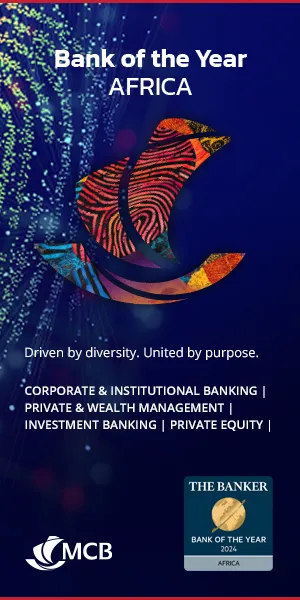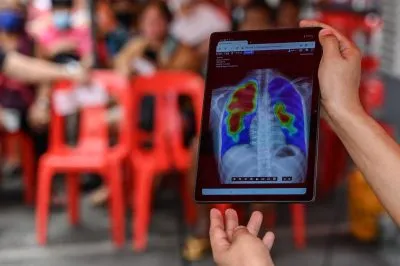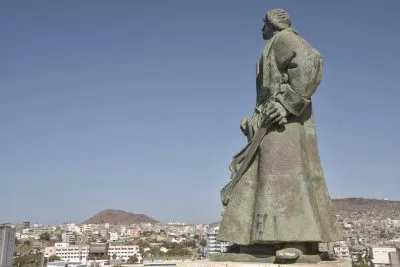As the mobile telecoms market begins to mature, African service providers are beginning to offer new products. The focus has switched away from securing ever more subscribers, towards boosting their average revenue per user (ARPU) rates through encouraging greater data consumption and mobile banking.
Yet although technology is paving the way for the sale of more products, regulators sometimes struggle to keep up, while some governments fear that competition is proving inadequate to drive down prices. Although South Africa is at the forefront of the African 4G revolution, the government believes that data prices are far too high and are deterring poorer people from accessing the technology.
In September, South Africa’s minister of telecommunications and postal services, Siyabonga Cwele, announced: “I strongly believe in the near future they will come down because innovation and the demand in Africa and South Africa in particular for social media is very high and increasing exponentially.”
He added: “All these dictate that those data costs should come down, but also as [the] government we are putting measures to make sure that there is competition in this broadband market.” The sector regulator will launch an investigation into the lack of competition amid fears that leading players in the market are preventing smaller companies from offering cheaper access.
As ever, East Africa is proving an innovative test bed for the telecoms industry. The East African Community (EAC) has enabled the region to make the most progress on reducing cross-border roaming charges by implementing its “roam like home” policy. Although operators feared that revenues would be greatly reduced, much lower costs have encouraged people to make far more calls, thereby maintaining revenues.
In addition, the Tanzanian government now requires mobile money operators to have banking as well as mobile operating licences, in a trend that could become more common across the continent. The availability of 4G Long Term Evolution (LTE) services in Africa has been limited but is starting to take off.
The technology offers speeds similar to fixed line broadband and lower costs for operators. Uptake has been greatest in South Africa, parts of the rest of Southern Africa and Nigeria but is now starting to spread to cities in the rest of the continent. For instance, in late September Vodafone and Afrimax announced plans to launch 4G LTE data services for Vodafone Cameroon customers in Douala and Yaoundé, and later elsewhere in the country.
Speaking to the African Law & Business web portal, Michel Matas, a telecoms partner at Bird & Bird, contrasted Vodafone’s strategy in Africa with that of its rivals: “Orange, MTN, Bharti Airtel, Viettel or Maroc Telecom businesses in Africa [have] in general based their activities on firstly, the creation of wholly or majority owned local subsidiaries after obtaining a license or, secondly, a majority or total acquisition of assets in existing operators.”
He said that Vodafone’s strategy was “probably inspired by its older strategy put in place in Europe toward commercial partnerships with local operators. The new partnership with Afrimax enables Vodafone to carry out its business in Africa by limiting risky investments, in particular in Cameroon where the market is already addressed by Camtel, MNT, Orange and Viettel.” Viettel is a relatively new entrant into the African telecoms market. The Vietnamese company operates in Burundi, Mozambique and Tanzania, as well as Cameroon.
The Latest Deals
In September, the Libyan Post, Telecommunications and Information Company (LPTIC) won a licence to become the fourth mobile operator in Côte d’Ivoire, a rare success for a Libyan company at a difficult time in its home market. LPTIC chairman Faisal Gergab said: “The Ivorian market is one of the largest and fastest-growing in Africa.
“Furthermore, this license will allow LPTIC to broaden its horizons by entering fast-growing emerging markets.” He added that he hoped that the expertise gained and revenues generated would help his company to improve its operations in Libya.
The government of Tanzania has agreed a rather unusual deal to buy back a 35% stake in Tanzania Telecommunications Corporation (TTCL) for just $7m from Bharti Airtel, bringing the company fully back under state control. TTCL held a monopoly on telecoms services in the country prior to the mobile boom but is now just a minor mobile operator.
The government has sought for years to regain control of the company, which has been part owned by Bharti Airtel since 2010. It seems likely that it will now seek to expand TTCL’s operations, although it would be politically difficult for it to finance the company’s expansion from state funds.
In October, Blue Label Telecoms agreed to pay R5bn ($356m) for a 45% stake in fellow South African company Cell C, which is struggling to reduce its debt and was forced to restructure its bond obligations last year. Blue Label, which sells prepaid airtime, has also agreed to sell a stake in itself to Net1 UEPS Technologies for R2bn.
Outsourcing Tower Management
Some telecoms companies have sold their tower networks in order to pay down their debts or generate funds for expansion. There are now four big specialist operators in Africa: IHS Towers, Helios Towers Africa, American Tower Corporation (ATC) and Eaton Towers, operating towers that were previously owned by MTN, Etisalat and Bharti Airtel among other leading telcos.
MTN has taken a stake in the operating companies to which it has sold its towers, so its strategy is clearly not solely motivated by a desire to raise revenue quickly. It could also be driven by the benefits inherent in having towers managed by specialists.
Managing towers in many African countries can be more difficult than in most other parts of the world, not least because of unreliable power supplies. Power cuts can damage infrastructure and force developers to invest in backup generators to maintain operation.
Nigeria has an estimated 31,000 towers and South Africa 25,000 but there is clearly room for many more in some markets, including Democratic Republic of Congo, which currently has just 4,350. According to research by analysts TowerXchange the widespread ownership of towers by specialist operators in Nigeria has resulted in an average tower operation rate of 99.9%, the highest rate on the continent. It concluded: “Nigeria is not just a benchmark for African towers, it’s proof of the efficacy of the independent tower company model in any emerging market.”
Neil Ford
Want to continue reading? Subscribe today.
You've read all your free articles for this month! Subscribe now to enjoy full access to our content.
Digital Monthly
£8.00 / month
Receive full unlimited access to our articles, opinions, podcasts and more.
Digital Yearly
£70.00 / year
Our best value offer - save £26 and gain access to all of our digital content for an entire year!

 Sign in with Google
Sign in with Google 





